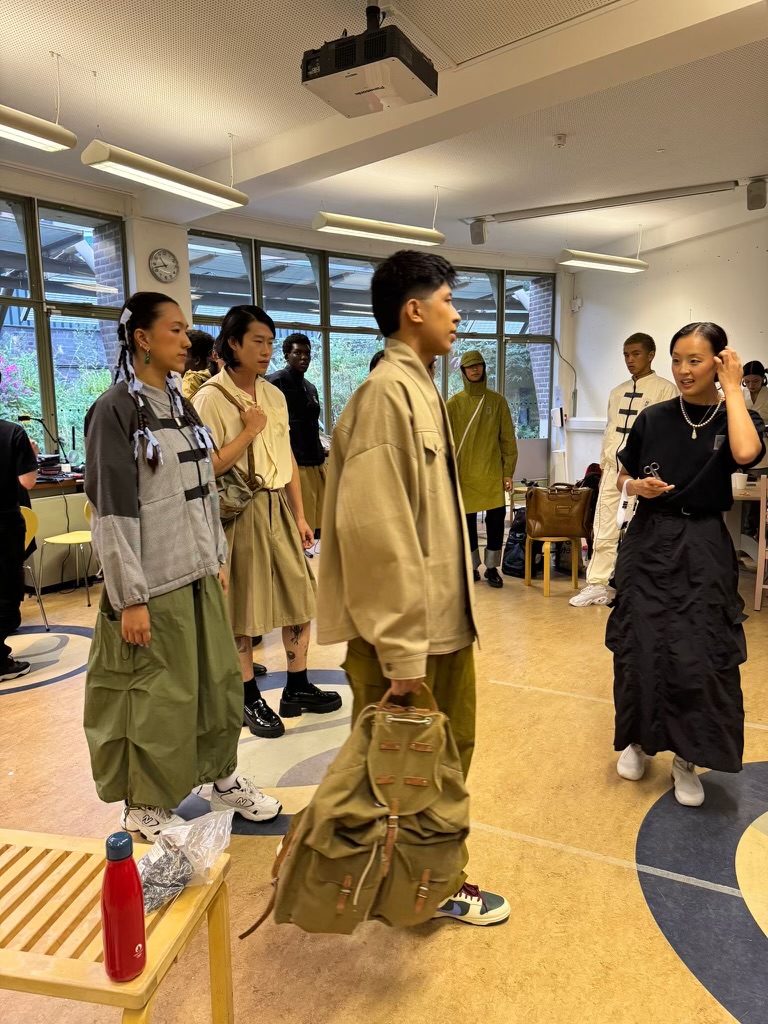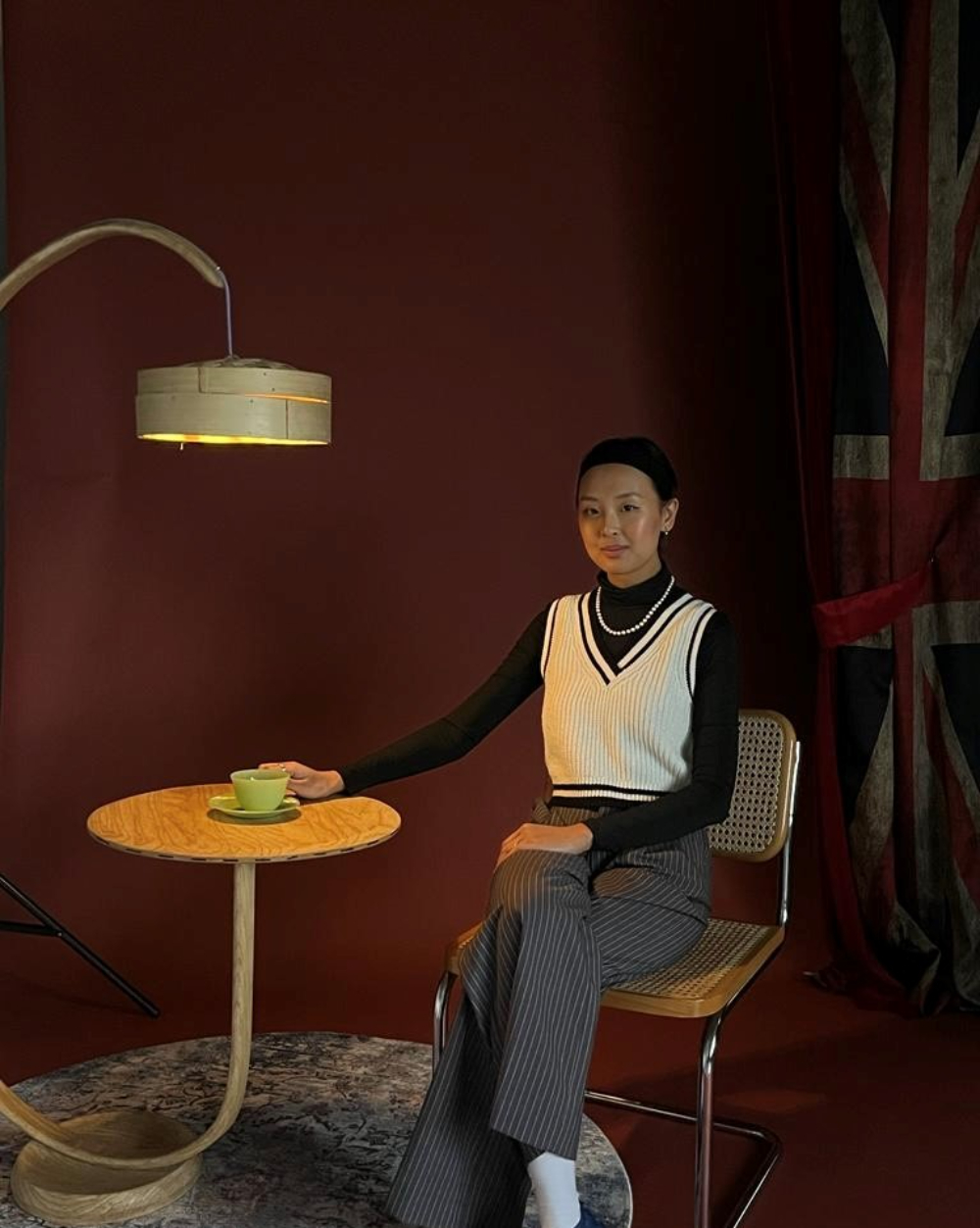British Chinese designer hopes runway show will help Asian community ‘feel seen’

- by Admin
- September 6, 2024

A British Chinese fashion designer hopes her new runway show will help people within the East and Southeast Asian (ESEA) community to “feel seen” in society.
Margaret Sam, 28, is believed to be the first British Chinese designer to showcase her clothing at the Museum of the Home in Hoxton, London, which is sponsored by the Department for Culture, Media and Sport.
The show, which took place on Thursday and featured models of mixed Malaysian, Korean and British heritage, was shown during ESEA Heritage Month, which runs from September 1 to September 30 to celebrate ESEA culture.
The runway showcased her menswear collection drawing inspiration from British and East Asian clothing styles and turning to her father’s wardrobe for ideas as part of the museum’s Home Truths series, which focuses on topics such as homelessness, discrimination, racism and decolonisation.
“I put my personal spin on it by looking at my dad’s wardrobe through his time in Singapore when he was a teenager to when he migrated (to Britain) in his 20s,” Ms Sam told the PA news agency.
The fashion designer, who lives near New Malden in south-west London, hopes her show will help create a sense of British ESEA identity, which she feels is lacking in the UK.
“Identity isn’t a soft subject to focus on – it’s just being human,” Ms Sam said.
“To have someone say, ‘this is who we are’, is really important for social culture.
“I feel like when we see different types of fashion shows out there, we’re not really seen.
“So to have the opportunity to be the brand and the person having eyes on something that is British Chinese, and also focused on British identities, I just feel lucky to be able to do that.”
Ms Sam, who founded Sum London, hopes her brand and next collection can be used “as a means to tell a story”.
“I’m a designer and I’ve always loved clothing, but how do I create substance from something that can be surface level? I do it through storytelling and representing different faces,” she explained.
“Fashion has a huge impact on what we define as tasteful, what we define as desirable. So having certain faces in that world makes people feel seen.”

Last year, Ms Sam started a smaller exhibition in Fitzrovia called Homebound and described her latest collection as “an extension of that”.
“Homebound was a concept and this feeling of having two homes culturally, I’m British Chinese and I feel like with fashion it’s a means to communicate,” she said.
Her fashion show aims to increase British ESEAs’ visibility in the UK media.
“I don’t feel like we’re seen and I don’t feel like our voices are in the mainstream (media),” she said.
“Sum London’s overall vision is to create a brand that makes people feel seen, specifically the Asian diaspora, but it doesn’t mean that you need to be part of the Asian diaspora to enjoy the clothing, because you could just be a clothing fanatic, just like myself.”

She believes the British ESEA communities began finding their voice in the wake of the coronavirus pandemic which saw an increase in anti-Asian racism and hate crimes, but she hopes to find a new voice post-Covid.
“I feel like the British Asian community is finding their voice, especially since Covid, it really galvanised the community to think about where our place was,” she said.
“I feel like the East and Southeast Asian community have developed a voice since Covid, because before that, we didn’t really have the need to discuss one.
“But I guess now we do because it’s coming to our attention that we need a voice, otherwise no one will have it for us.”
The Latest News
-
January 8, 2025UK could be hit by missiles ‘from anywhere in the world’ as safety fears erupt
-
January 8, 2025UK Athletics and its former head of sport charged with manslaughter over Paralympian’s death
-
January 8, 2025Seven flagship fashion stores on brink of closure in planning nightmare
-
January 8, 2025UK Universities Retreat From Elon Musk’s X Citing Misinformation On Platform
-
January 8, 2025Best Online Casino In UK 2025 – Top Gambling Sites List





